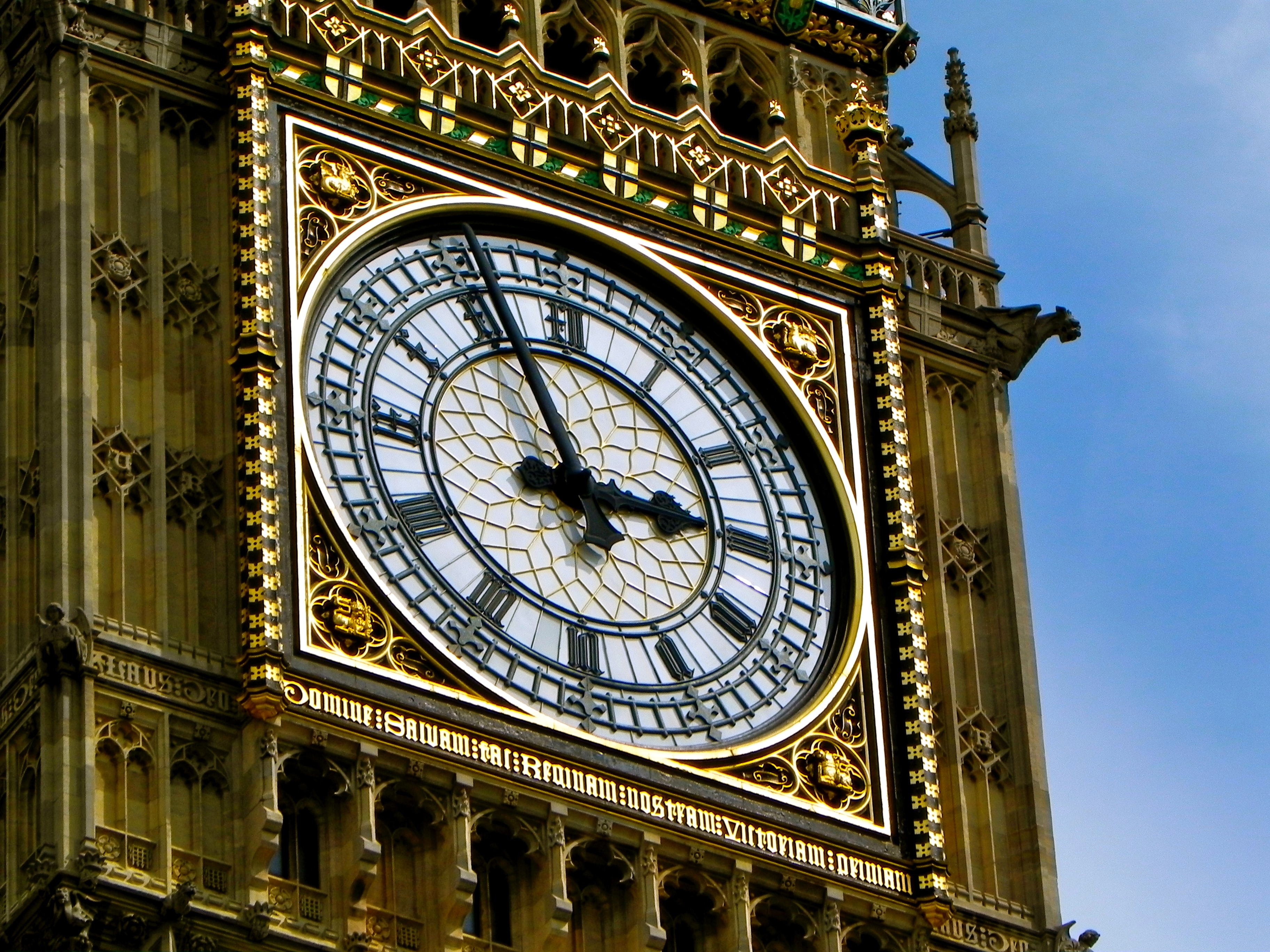Information on Cookies
To make the best use of our website, you'll need to make sure your web browser is set to accept cookies to ensure you receive the best experience.
For further information, please read our Cookies Policy.

Log In
Addressing the House of Lords on the 2022 Queen’s Speech, The Parliamentary Under-Secretary of State, Baroness Vere, said:
“Technology has also led to changes in how the taxi and private hire vehicle industry works—for example, through booking apps available on mobile phones. We will modernise the law to ensure that the same minimum standards are met by drivers across England to gain or retain a taxi or private hire vehicle licence, and we will enhance licensing authorities’ existing compliance and enforcement powers. These changes will create a level playing field and make journeys safer for all passengers.”
A number of Lords questioned the Government on the new Taxis and Private Hire Vehicles (Disabled Persons) Act, noting that no Government since 1995 has implemented Regulations requiring taxi and to wheelchair accessible.
Responding to this, the Minister of State, Home Office and Department for Levelling Up, Housing & Communities, Lord Greenhalgh, said:
“My noble friend Lord Borwick mentioned the importance of bringing in more accessible taxis for disabled people, and that there had been a commitment to this 27 years ago—I was not around then, certainly not at the Dispatch Box—and that, to use the term he used, the clock is ticking. All I can say is that our updated best practice guidance on taxis and private hire vehicles includes a recommendation that local licensing authorities incentivise the uptake of wheelchair-accessible vehicles where mandating them would be inappropriate. I am sure that he is an inveterate campaigner and will continue to have fruitful dialogue with my noble friend Lady Vere.”
E-scooters
Baroness Vere also addressed the House on the Government’s plans to introduce licensing requirements for e-scooters, saying:
“Safety is also at the heart of our plans to create a regulatory framework for smaller, lighter, zero-emission vehicles, sometimes known as e-scooters. Their popularity is clear, and new rules are needed to improve safety and crack down on illegal use while unlocking innovation and growth in this emerging multi-billion pound industry. To that end, it is our intention that the Bill will create a low-speed, zero-emission vehicle category that is independent from the cycle and motor vehicle categories. New powers would allow the Government to decide the vehicles that fall into this new category in future and how they should be regulated to make sure that they are safe to use. We hope that e-scooters will be the first of these vehicles.”
Lord Greenhalgh added:
“I turn now to the vexed questions of the regulation of e-scooters and pedicabs. We obviously recognise that new forms of micromobility are important for the future of transport. I can confirm that the transport Bill will address this, including regulations focused on maintaining safety, and ensuring the licensing of e-scooters and pedicabs.”

